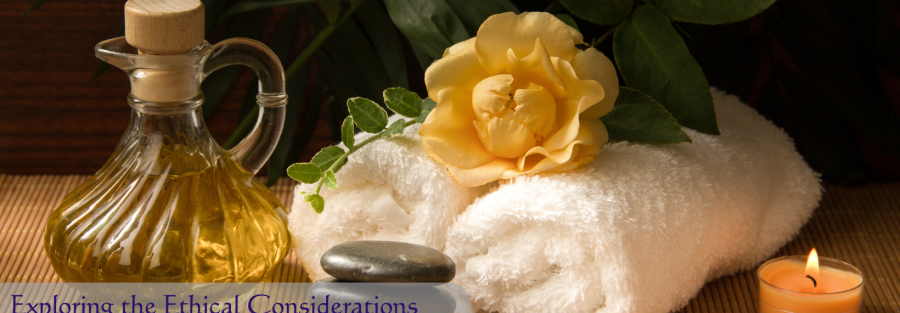Honoring Tradition: Exploring the Ethical Considerations of Chavutti Thirummal Practice
Chavutti Thirummal, a powerful Ayurvedic foot massage technique, has gained popularity worldwide. While its potential benefits are enticing, it’s crucial to approach this practice with ethical considerations in mind. This blog explores the importance of respecting tradition, therapist qualifications, informed consent, and cultural sensitivity when seeking a Chavutti Thirummal massage.
The Heart of the Matter: Respecting the Roots of Chavutti Thirummal
Chavutti Thirummal is an ancient Ayurvedic practice with a rich history and tradition. Here’s why respecting these roots is important:
- Preserving Knowledge: Traditional practices often embody generations of knowledge and wisdom passed down through lineages. Ethical practice ensures this knowledge is preserved and transmitted accurately.
- Cultural Significance: Chavutti Thirummal is more than just a massage; it’s part of India’s cultural heritage. Respectful practice honors this significance and avoids trivialization.
- Authenticity of Experience: Understanding the traditional context allows practitioners to deliver a more authentic Chavutti Thirummal experience.
The Therapist’s Role: Ensuring Qualified Care
The therapist plays a vital role in ensuring an ethical and beneficial Chavutti Thirummal experience. Here’s what to consider:
- Qualifications: Seek a therapist who has undergone proper training in Chavutti Thirummal techniques from a reputable source.
- Experience: An experienced therapist can tailor the massage to your specific needs and ensure proper pressure application.
- Hygiene and Safety: The massage environment should be clean and hygienic, and the therapist should prioritize safety measures.
By choosing a qualified and ethical therapist, you can ensure a safe and effective Chavutti Thirummal session.
Informed Consent: Empowering Your Choices
Informed consent is a cornerstone of ethical healthcare practice. Here’s why it matters in Chavutti Thirummal:
- Understanding the Process: The therapist should explain the massage procedure, potential benefits, and any risks involved in a language you understand.
- Open Communication: Feel empowered to ask questions and discuss any concerns you may have before the massage begins.
- Right to Refuse: You have the right to refuse any aspect of the massage you’re not comfortable with.
Open communication and informed consent ensure you approach your Chavutti Thirummal session feeling empowered and in control.
Cultural Sensitivity: Bridging the Gap
As Chavutti Thirummal gains popularity globally, cultural sensitivity becomes paramount:
- Understanding Traditions: Learn about the traditional context and customs surrounding Chavutti Thirummal to approach it with respect.
- Respectful Communication: Communicate with the therapist respectfully, acknowledging the cultural significance of the practice.
- Appreciative Inquiry: Approach Chavutti Thirummal with a spirit of appreciation and openness to learning about this unique tradition.
By practicing cultural sensitivity, you can ensure a mutually respectful experience for yourself and the therapist.
Beyond the Massage: Considerations for Ethical Sourcing and Sustainability
Ethical considerations extend beyond the massage experience itself:
- Ethical Sourcing: Inquire about the source of the oils used in the massage. Look for therapists who use ethically sourced and sustainable ingredients.
- Environmental Impact: Consider the environmental impact of massage products and choose therapists who prioritize sustainability practices.
- Fair Compensation: Ensure the therapist providing the massage is fairly compensated for their skills and knowledge.
By making informed choices, you can contribute to a more ethical and sustainable ecosystem surrounding Chavutti Thirummal.
Conclusion: Embracing the Journey with Ethics in Mind
Chavutti Thirummal offers a powerful and potentially transformative experience. By approaching this practice with respect for tradition, therapist qualifications, informed consent, cultural sensitivity, and ethical sourcing, you can contribute to a positive experience for yourself and the therapist while honoring the rich heritage of this ancient Ayurvedic technique.



